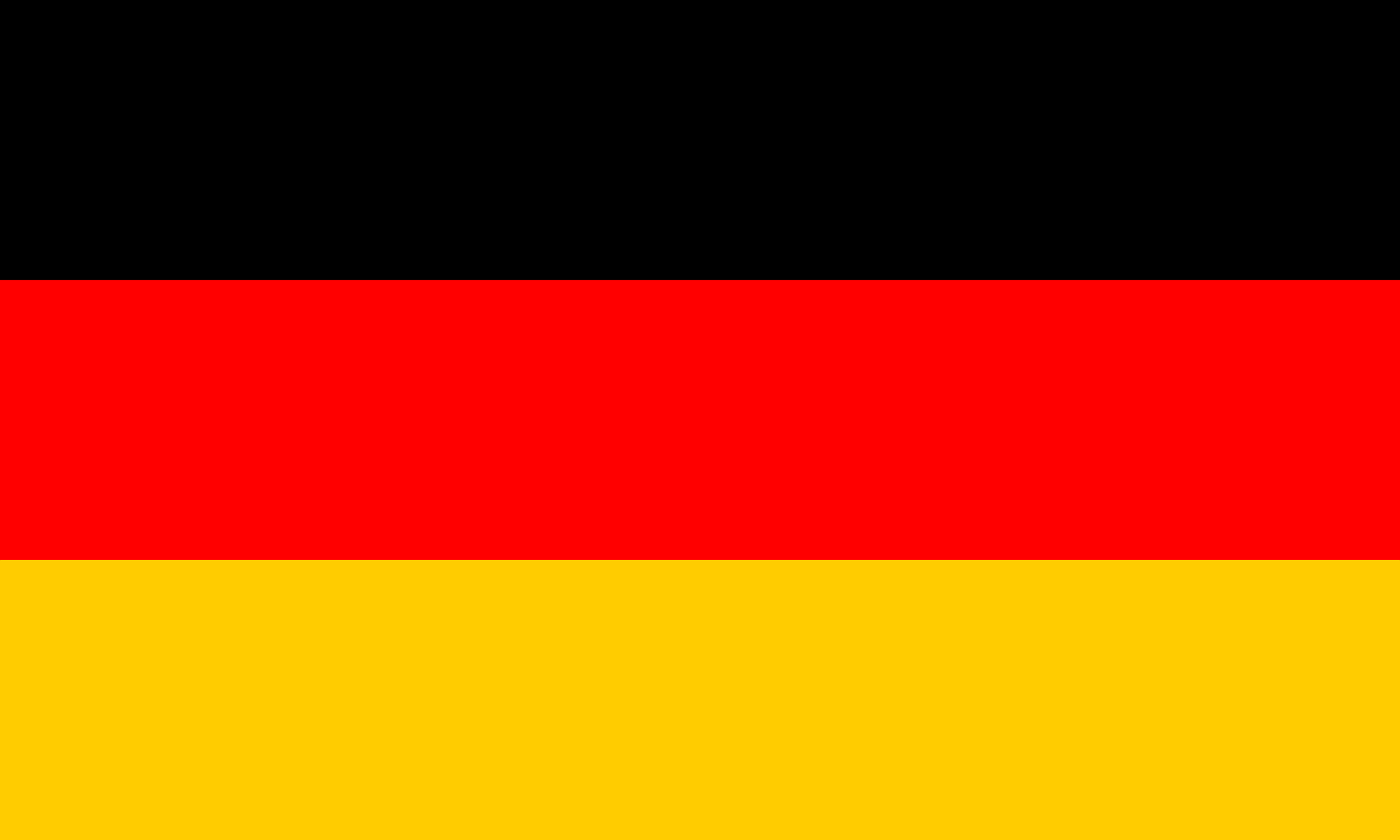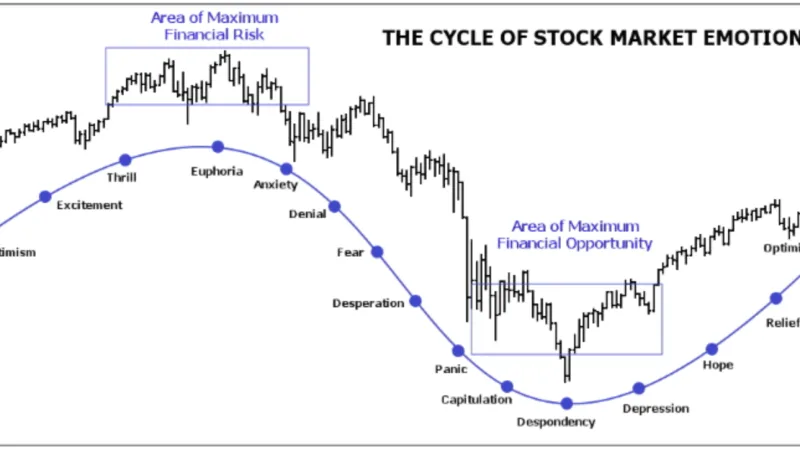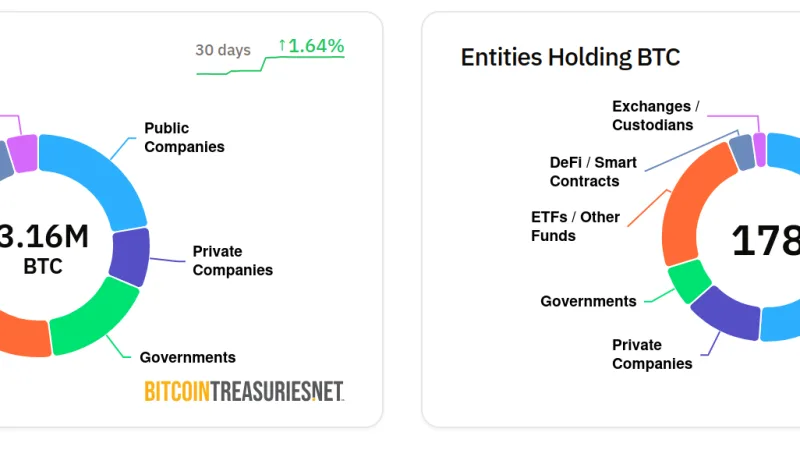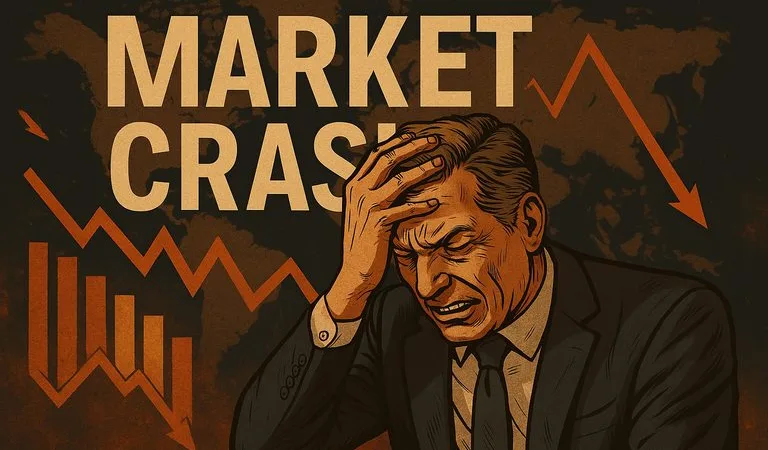Germany’s Recession: Consumers Reduce Spending in Europe’s Largest Economy

Germany has officially entered a recession, as the energy price shock of last year continues to take its toll on consumer spending. According to official data released Thursday, output in Europe’s largest economy dropped 0.3% in the first quarter of 2023, following a 0.5% contraction at the end of 2022. This marks two consecutive quarters of declining output, which is the definition of a recession.
Energy Price Shock
The Federal Statistical Office attributed this decline to high price increases that have been a burden on the German economy since the start of the year. Household final consumption expenditure was down 1.2% in Q1 2023, according to Claus Vistesen, chief euro area economist at Pantheon Macroeconomics. He attributed this decrease to “the shock in energy prices” that occurred when Russia invaded Ukraine in February 2022 and sent European energy prices soaring to record highs.
Inflation Easing
Fortunately, natural gas prices have since tumbled and are now back at levels seen in late 2021, providing some relief from inflationary pressures on consumers’ pockets. The annual rate of inflation in Germany slowed again in April — the first month of Q2 — although it still remained high at 7.2%. This indicates that consumer spending may be rebounding as inflation eases, though there is no strong recovery expected anytime soon.
Business Activity
Business activity in Germany expanded again in May despite a sharp downturn in manufacturing, suggesting that Germany’s recession may be short-lived. Chancellor Olaf Scholz expressed confidence about the outlook for the economy due to measures taken by his government to expand renewable energy production and attract foreign workers.
Outlook for Economy
However, Franziska Palmas from Capital Economics predicted that German output would shrink again in Q3 and Q4 due to higher interest rates needed to tame inflation continuing to weigh on both consumption and investment, as well as weakening demand from other developed economies such as China (Germany’s most important trading partner). Exports of German cars to China fell 24% in Q1 2023 alone.
The German economy is expected to shrink by 0.1% overall this year according to the International Monetary Fund (IMF). This is much less than what was predicted by five German economic institutes back in April 2022 who forecasted a 2.2% contraction if Russia suddenly shut off its supply of natural gas – an event which actually occurred last August when Russia closed its Nord Stream 1 pipeline indefinitely for maintenance purposes.






